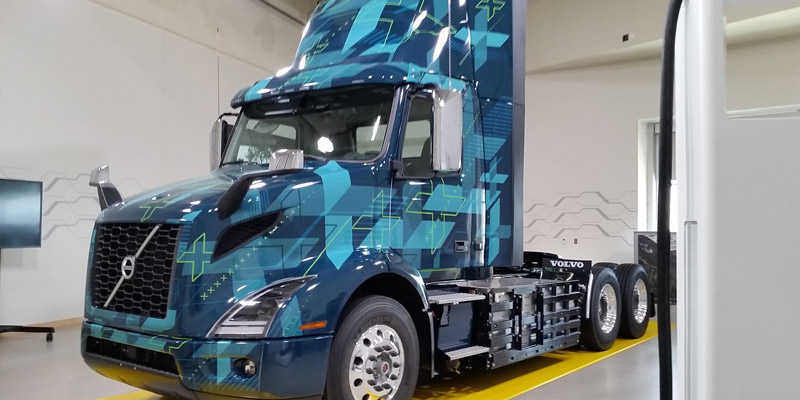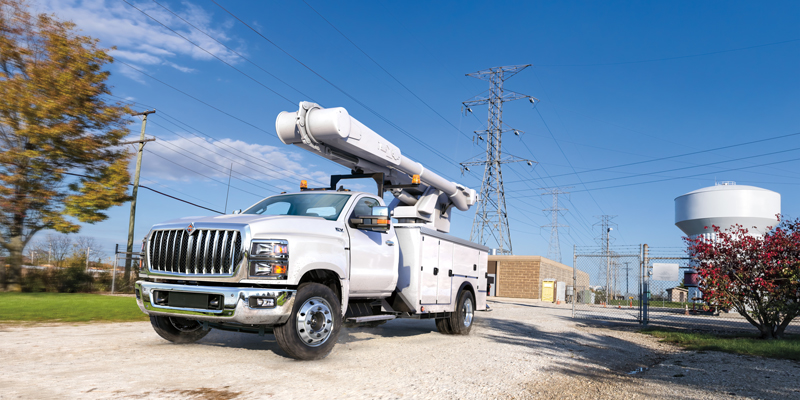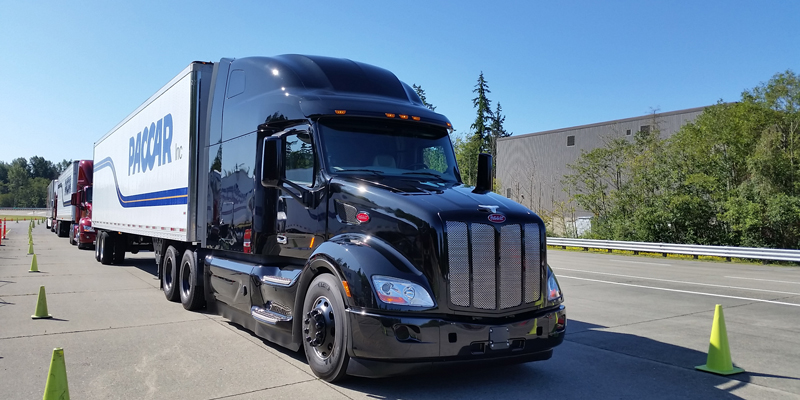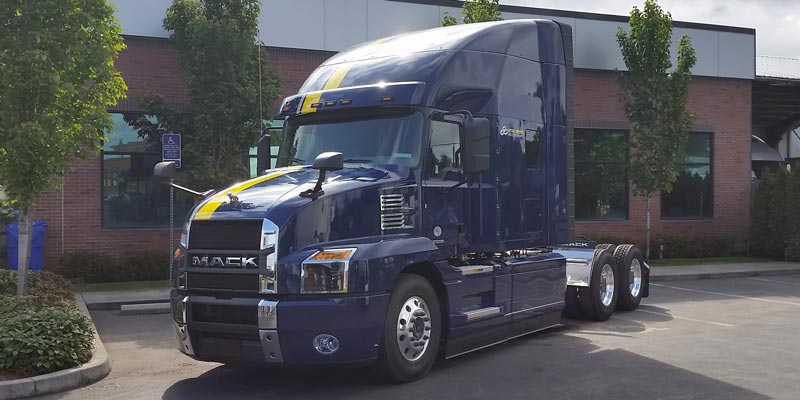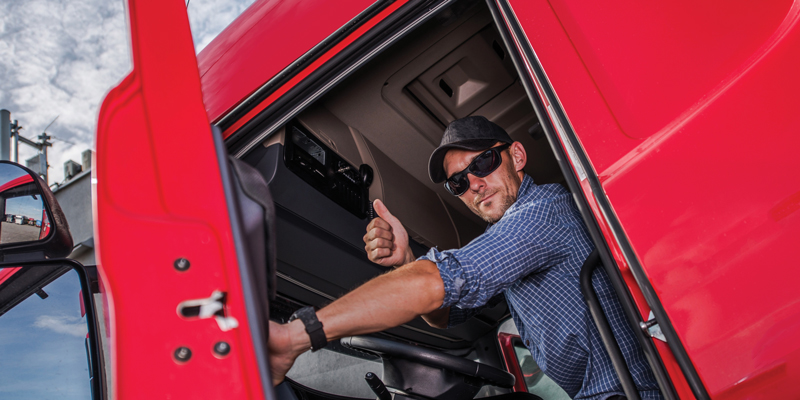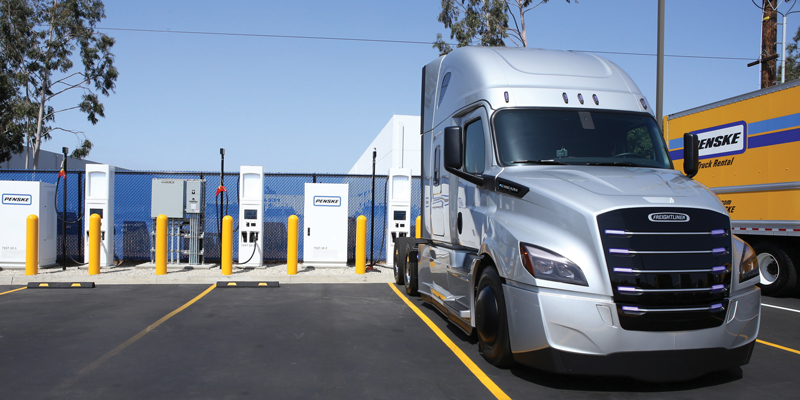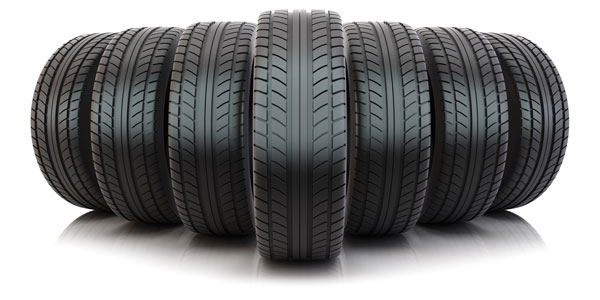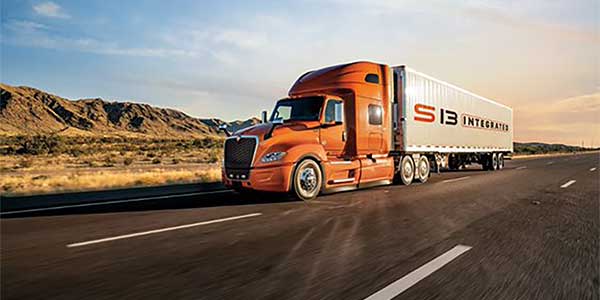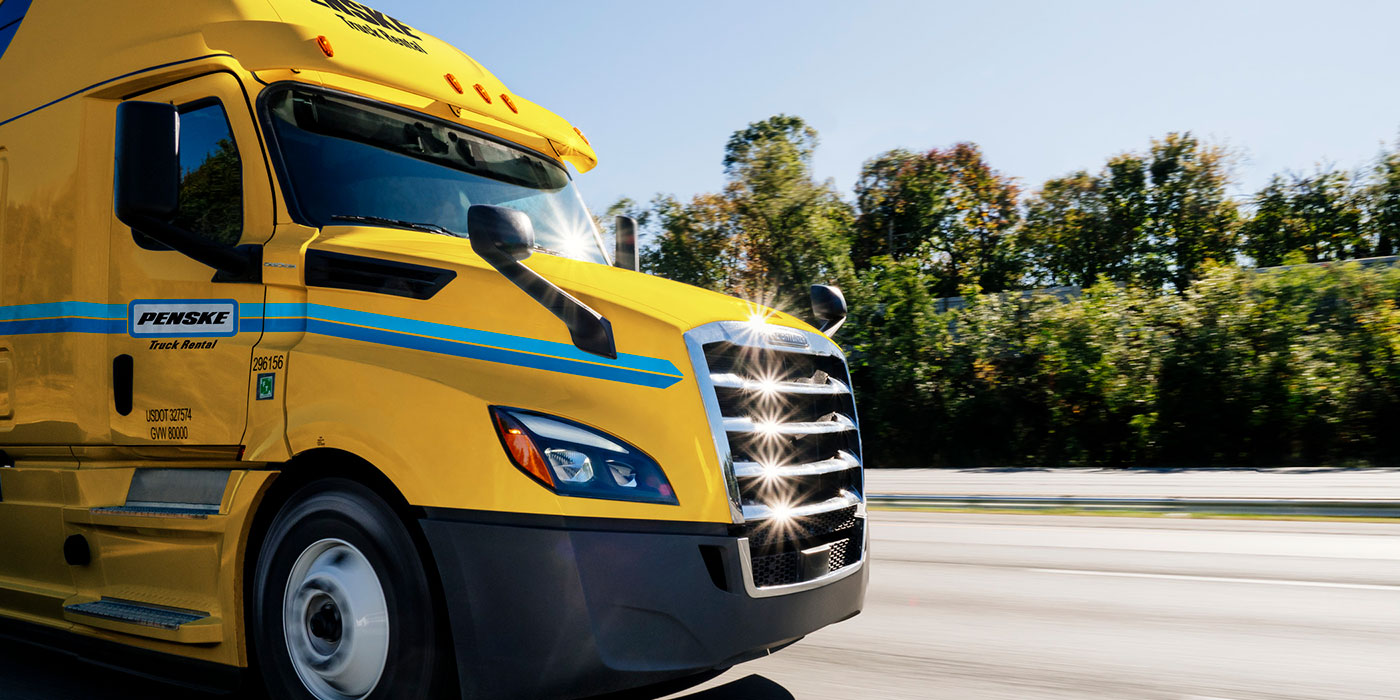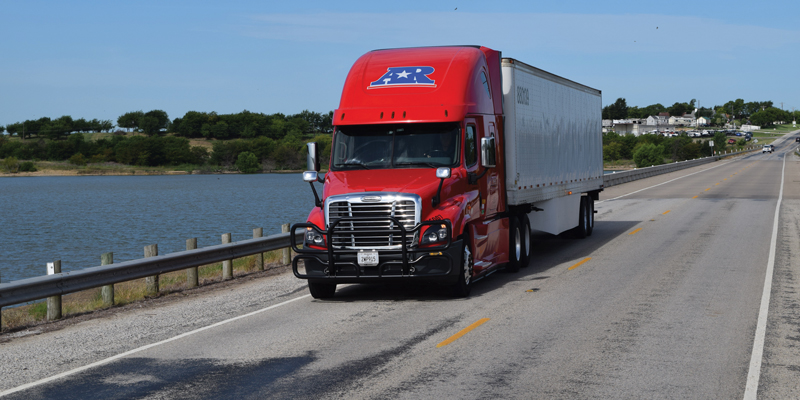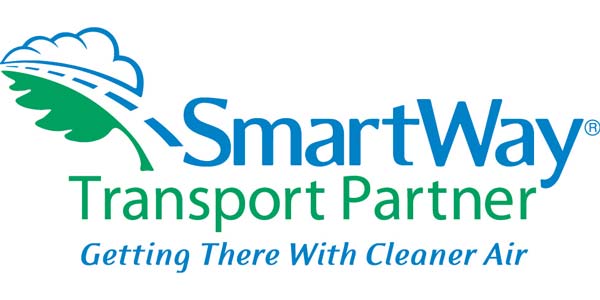It’s easy to see how SmartWay participation can directly affect a fleet’s bottom line and, therefore, attract the interest of top management. A decrease in exhaust emissions means the fleet is saving fuel and that bumps up profitability. An easy sell!
But what’s in participation for shippers? If they’re purely shippers, they can’t save on fuel costs. To become a SmartWay Shipper, a company commits to quantifying its current environmental performance level using the Program’s performance model for shippers, then ships at least 50% of its goods using SmartWay transport carriers. In return, SmartWay offers an improvement in the shipper’s operating efficiency and environmental impact through reduced energy use and cleaner air. In addition, SmartWay promotes member companies through national and regional events, articles and awards, which it did recently when it honored Stonyfield Farm, an organic yogurt manufacturer based in Londonderry, N. H., with a 2009 SmartWay Excellence Award.
In presenting the award, Ira Leighton, acting regional administrator for EPA New England, said, “Stonyfield went the extra mile and saved fuel and money while cutting air pollution. Its programs show that efforts to ship more efficiently can help our climate and our environment.”
Stonyfield joined SmartWay as a shipper partner in 2008, after putting in place several programs designed to reduce the company’s transportation carbon footprint. For example, it identified opportunities to add stops to its existing truck routes so that trucks could deliver straight to customers. Doing this eliminated nearly all of its less-than-full trailer load shipments. Now every truck leaving its doors either heads straight to a single customer if it carries a single order that can fill the truck, or the truck makes multiple stops delivering orders to customers in the same region. In other words, the manufacturer found ways to ship the same amount of product to the same network of customers while using fewer trucks and traveling fewer miles. Doing this resulted in better customer service since product now gets to customers faster than previously.
By consolidating loads, increasing order lead times and rerouting, Stonyfield’s New England fleet achieved a 15% reduction in 2008 in the number of miles driven empty. By reducing the number of pallets needed for each load, requiring longer trailers and eliminating less-than-full truckloads, Stonyfield reduced the number of truckloads of product shipped by 13% between 2007 and 2008.
Through these and other efforts, Stonyfield reduced its total annual CO2 emissions by more than 40% between 2006 and 2008 while growing its business. This was equivalent to taking 1,700 cars off the road for a year. In doing so, Stonyfield also saved $2.5 million in fuel costs in 2007 and 2008 alone. The company also informed its contracted truck carriers about SmartWay’s fuel-saving strategies and provided them with incentives to join the program. Now, the company ships all of its freight using SmartWay carriers.
Stonyfield delivers its product in New England using trucks leased through Ryder, which are either SmartWay- or RydeGreen-certified. Over-the-road sleeper vehicles are equipped with technology to provide cab comfort without idling, improve aerodynamics and reduce rolling resistance. Ryder-provided day cab tractors have automatic idling shutdown, high efficiency trailer refrigeration and other fuel saving features. Onboard computers on all trucks track driver behavior, and Stonyfield rewards drivers for reducing idling and improving driving style.
Stonyfield Farm is certainly deserving of the recognition that comes with the SmartWay Excellence Award, but the company is not done yet. Its transportation and distribution team is actively working toward a goal of reducing greenhouse gas emissions per unit of yogurt delivered (from the 2006 baseline) by 50% for 2009 and by 75% by 2015. The company also hopes to reduce its total emissions by 40% by 2014.
We wish the company and its team the best of luck!



